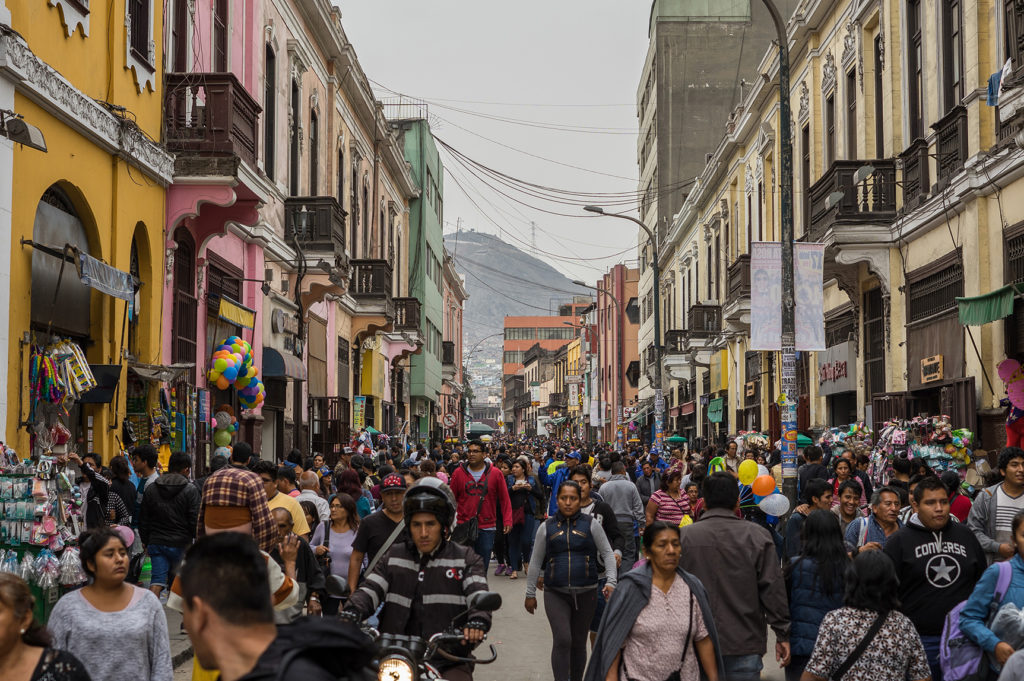Cross-sector Collaboration in Peru
In 2015, Peru introduced a new registration renewal process for organizations that received international funding. The process was burdensome and unclear, resulting in delays that blocked civil society organizations from delivering critical services to people in need.
In 2017, the Peruvian umbrella organization, Asociacion Nacional de Centros (ANC), reached out to ICNL to help address this restrictive rule. We worked with ANC and their network of more than 80 civil society organizations. ICNL provided training on international standards on freedom of association; provided research to show how the rule harmed vulnerable populations; and gathered data demonstrating how the rule went against Peru’s international obligations. We also worked with our partners to build a more collaborative relationship with the government by supporting effective, data-lead dialogue.
As a result of civil society’s efforts, in December 2018, the government withdrew the rule and introduced a new registration process. They not only eliminated the burdensome requirements but also established simplified measures for oversight and registration. The new measures were a result of a months-long collaboration between civil society and the government.
Throughout this process, local civil society demonstrated they could be an effective partner, working with the government to address shared challenges and improve people’s lives.
The government’s regulatory entity is now more willing to collaborate with the sector. ANC and its network are currently planning to convene government agencies to address other challenging regulations that impact the legal enabling environment for civil society.
Published: December 2019

THE REGISTRATION RENEWAL RULE’S NEGATIVE IMPACT
The registration renewal process had many burdensome requirements, one of which was the need for “favorable opinion” letters from various government agencies at the local and national level. This letter was meant to show that the organizations’ objectives were aligned with government policy. There was no timeline for the government to grant the letter, and, in some cases, organizations perceived as critical of public policies were denied a letter. Without the favorable opinion letter, organizations could not receive funds from international donors, blocking their ability to deliver services to populations in need.
For example, women’s organizations providing reproductive health services and environmental organizations teaching local communities about the negative impact of extractive industries were denied the mandatory letter on the grounds that their objectives were not aligned with government policies. After the withdrawal of the restrictive rule, they were free to continue their work.
This story is from our 2018-2019 Annual Report. Each story in the report shows how our partners across the world help protect and, where possible, expand civic space.
Sign up for our newsletters
Sign up